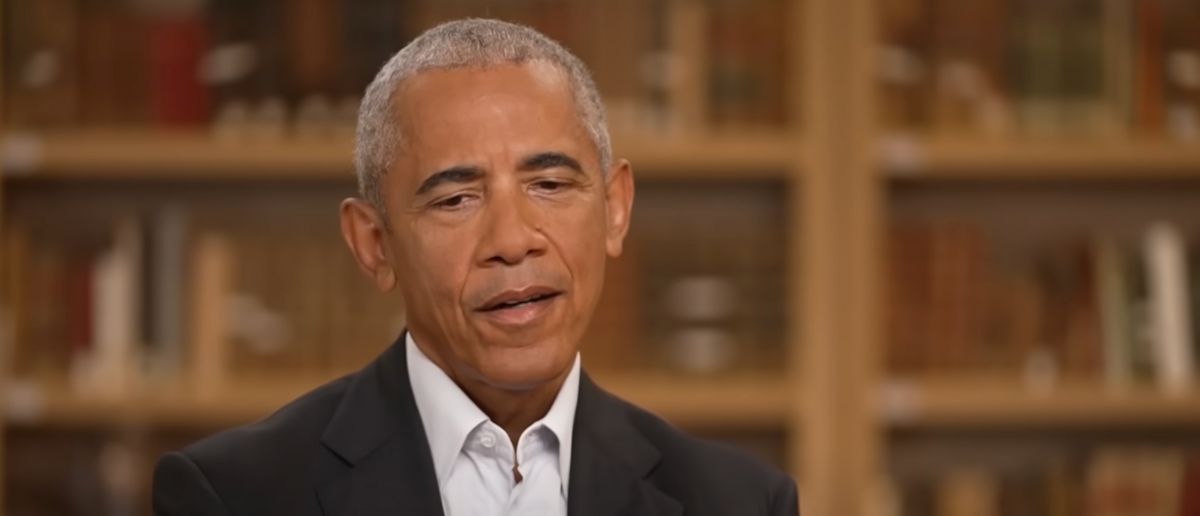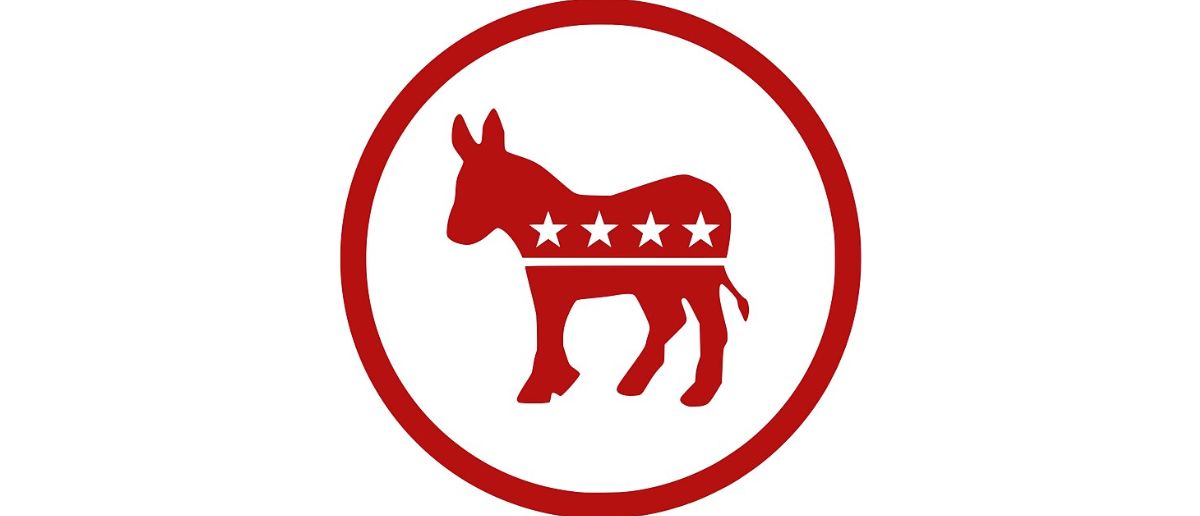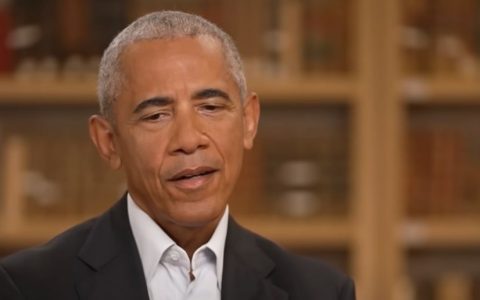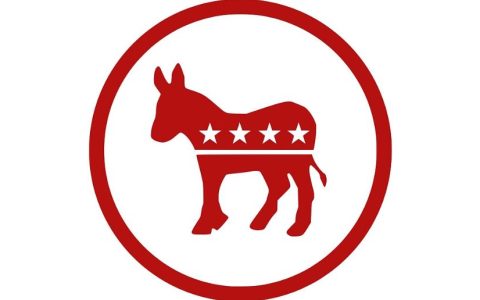
The Deep State has been dealt a major blow by the Trump admin. But there’s still more work to be done.
And now a lawyer’s given Trump stunning news about being framed by the FBI and CIA.
Fox News legal analyst Gregg Jarrett claimed that former CIA Director John Brennan and former FBI Director James Comey orchestrated a scheme to undermine President Donald Trump by leveraging the discredited Steele Dossier. According to Jarrett, the dossier, funded by Hillary Clinton’s campaign and the Democratic National Committee, was used to falsely portray Trump as colluding with Russia during the 2016 election.
Jarrett alleged that Comey violated FBI protocols by initiating an investigation into Trump based on this document and misled the FISA court to secure a surveillance warrant. Similarly, he accused Brennan of knowingly including the unverified dossier in an intelligence community assessment to lend it credibility and damage Trump’s presidency.
CIA Director John Ratcliffe reportedly referred both Brennan and Comey to the FBI for a criminal probe into possible false statements made to Congress. During an MSNBC interview, Brennan denied any misconduct, insisting that the CIA under the Obama administration acted impartially and did not attempt to sway the 2016 election. Jarrett, however, pointed to discrepancies in Brennan’s congressional testimony, suggesting he could face charges for lying about the dossier’s inclusion in the intelligence assessment.
The Mueller report later confirmed that key allegations tied to the dossier, including those relayed by attorney Michael Sussman to the FBI, were baseless. Sussman was acquitted of lying to the FBI in 2022. Media outlets like MSNBC, along with figures like then-Rep. Adam Schiff, frequently amplified claims of Trump-Russia collusion, which were later undermined when the dossier’s credibility collapsed.
Federal Officials Accused of Abusing Power to Target Trump
Over the past decade, multiple incidents have surfaced suggesting that high-ranking federal officials and their affiliates may have misused their authority to obstruct President Donald Trump’s political efforts. These allegations center on actions taken during and after the 2016 presidential election, with claims of misconduct ranging from manipulating intelligence to misleading judicial processes. The following details key instances where federal officials or affiliates were accused of abusing their power, drawing from recent reports and public records.
One prominent case involves the Steele Dossier, a controversial document compiled by former British intelligence officer Christopher Steele. Funded by the Democratic National Committee and Hillary Clinton’s campaign, the dossier alleged ties between Trump’s 2016 campaign and Russian operatives. Investigations, including special counsel Robert Mueller’s 2019 report, later found no evidence to support these claims. However, the dossier was allegedly used by former FBI Director James Comey to justify launching an investigation into Trump, a move critics argue violated FBI regulations.
Reports from Fox News indicate that Comey presented unverified dossier information to the FISA court to obtain a surveillance warrant on Trump campaign associate Carter Page, raising concerns about judicial manipulation. Former CIA Director John Brennan also faced scrutiny for his handling of the dossier. According to a 2020 Senate Judiciary Committee report, Brennan insisted on including the dossier’s unverified claims in the 2017 Intelligence Community Assessment on Russian election interference, despite knowing its dubious origins.
This move, critics argue, was designed to bolster the narrative of Trump-Russia collusion and undermine his presidency. Brennan’s congressional testimony, where he denied the dossier’s inclusion in the assessment, has been flagged as potentially false, prompting a criminal referral from then-CIA Director John Ratcliffe in 2020, as reported by The Hill.
Another instance of alleged misconduct involves the FBI’s handling of information from Michael Sussman, a lawyer tied to the Democratic National Committee. Sussman provided the FBI with data suggesting a secret communication channel between Trump’s organization and Russia’s Alfa Bank. The Mueller report later debunked these claims, and special counsel John Durham’s 2021 investigation accused Sussman of lying to the FBI about his ties to the Clinton campaign. Although Sussman was acquitted in 2022, as noted by Reuters, the case fueled accusations that federal investigations were politically motivated.
The FBI’s conduct during the Trump-Russia probe, known as “Crossfire Hurricane,” has also drawn criticism. A 2019 Justice Department Inspector General report found significant errors in the FBI’s FISA applications, including omissions and misrepresentations about the Steele Dossier’s reliability. These findings, detailed in The Washington Post, suggested systemic issues in how the FBI pursued Trump-related investigations, raising questions about impartiality.
Beyond the dossier, other federal actions have been cited as attempts to hinder Trump. In 2020, whistleblower allegations reported by Politico revealed that Department of Homeland Security officials were pressured to alter intelligence reports to downplay Russian election interference, allegedly to align with Trump’s narrative. Conversely, critics argue this reflects internal resistance to Trump’s agenda within federal agencies.
The Department of Justice also faced accusations of overreach in its handling of Trump associates. For instance, former Trump campaign aide George Papadopoulos was charged in 2017 with lying to the FBI about his contacts with Russian intermediaries. Papadopoulos later claimed, as reported by CNN, that he was entrapped by federal agents seeking to discredit Trump’s campaign. While these claims remain unproven, they have fueled perceptions of targeted investigations.
More recently, a 2023 report from The New York Times highlighted concerns about the Justice Department’s aggressive pursuit of classified documents at Trump’s Mar-a-Lago estate. The FBI’s 2022 search, authorized by a federal judge, led to charges against Trump for mishandling classified materials. Trump and his supporters, per Fox News, have called the probe a politically driven effort to derail his 2024 campaign, pointing to the timing and scale of the investigation as evidence of bias.
Congressional figures have also been implicated in anti-Trump efforts. Former Rep. Adam Schiff, a vocal proponent of the Trump-Russia collusion narrative, repeatedly claimed to have evidence of coordination between Trump’s campaign and Russia. A 2020 House Intelligence Committee report, later declassified, showed no such evidence, and Schiff’s claims were criticized as misleading by The Federalist. His prominence on MSNBC, where he frequently discussed collusion, amplified these allegations before their debunking.
The IRS has also been accused of targeting Trump. A 2022 ProPublica investigation revealed that Trump’s tax returns were subject to rare, mandatory audits during his presidency, raising suspicions of political motivations. While no definitive evidence of abuse was confirmed, the unusual scrutiny added to claims of federal overreach.
In 2021, reports emerged of potential misconduct within the National Security Agency (NSA). According to documents cited by The Daily Caller, NSA officials monitored communications of Trump associates in 2016, allegedly without proper authorization. This incident echoed earlier controversies, such as the 2013 Snowden leaks, which exposed widespread NSA surveillance practices, as covered by The Guardian.
The cumulative effect of these incidents has fueled distrust in federal institutions. A 2024 Gallup poll noted a historic low in public confidence in government agencies, with only 26% of Americans expressing trust in the FBI. Allegations of politicized investigations, particularly against Trump, have contributed to this erosion, as reported by Axios.
Stay tuned to the DC Daily Journal.





